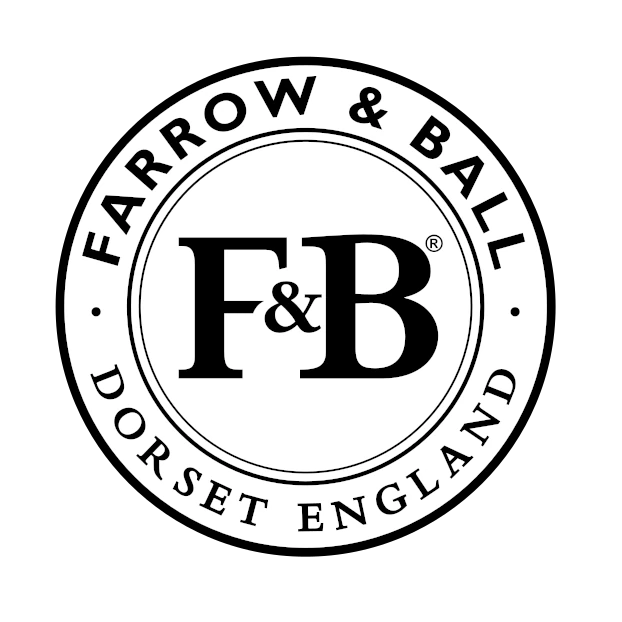Benjamin Moore Classic Burgundy HC-182
| Official page: | Classic Burgundy HC-182 |
| Code: | HC-182 |
| Name: | Classic Burgundy |
| Brand: | Benjamin Moore |
What color is Benjamin Moore Classic Burgundy?
The deep richness of Benjamin Moore HC-182 Classic Burgundy adds a sense of drama and sophistication to any space. This deep red hue can be paired with neutrals such as whites and greys to create a striking contrast. For a more eclectic look, consider combining Classic Burgundy with shades of mustard yellow or olive green. The versatility of this color allows it to work well in both traditional and contemporary interiors. Benjamin Moore HC-182 Classic Burgundy is a timeless choice that can bring warmth and depth to any room.
Classic Burgundy for exterior (4 photos)
Looking for a fresh new look for your house exterior or starting from skretch? We’ve collected pictures of real-life homes that have been painted with this warm red hue. Find inspiration for your house’s exterior, front doors, gates, shutters, frames or windows.
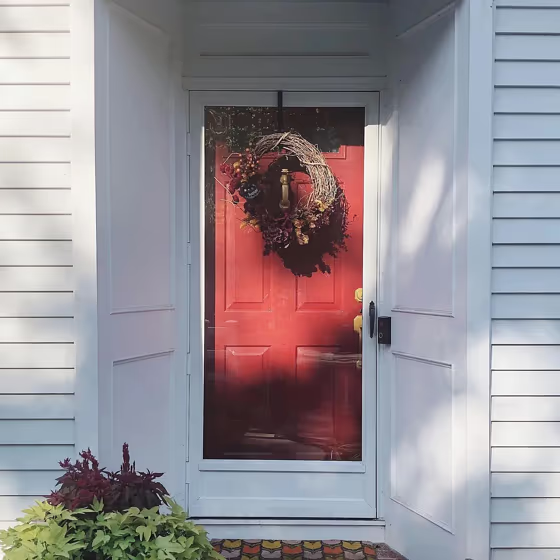
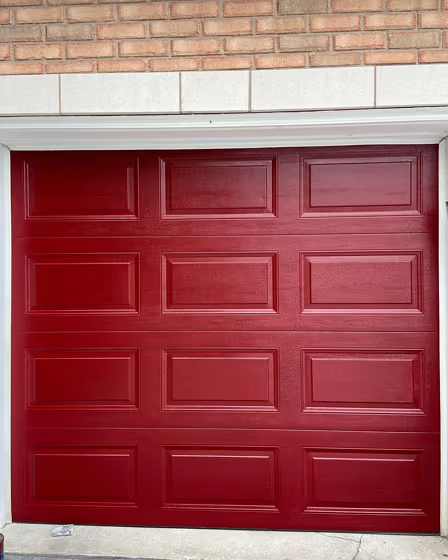
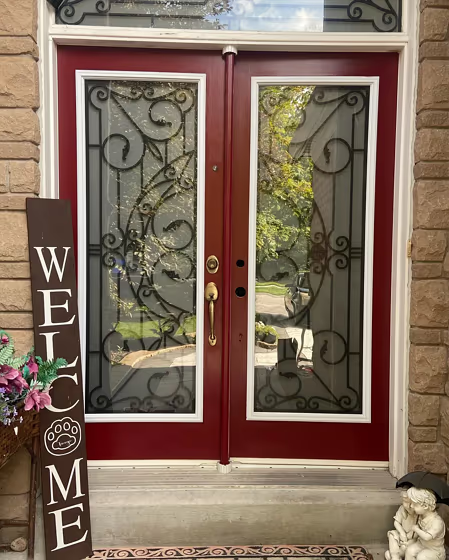
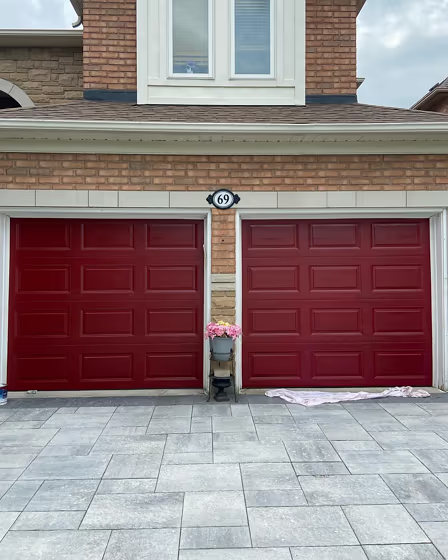
Benjamin Moore Classic Burgundy reviews (2 photos)
View the photos of real spaces painted with this red that were not included in specific categories.Close-ups, painted furniture, storages and dressers, hallways, stairs and ceilings.
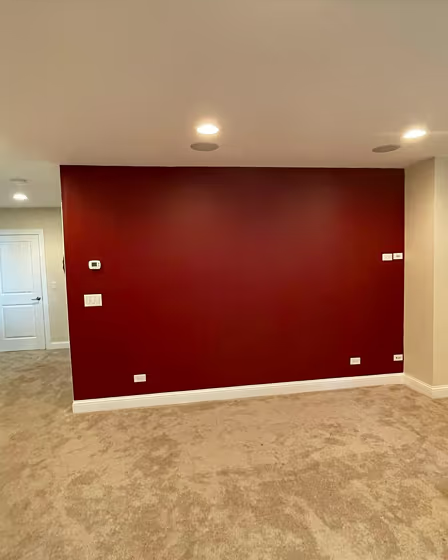
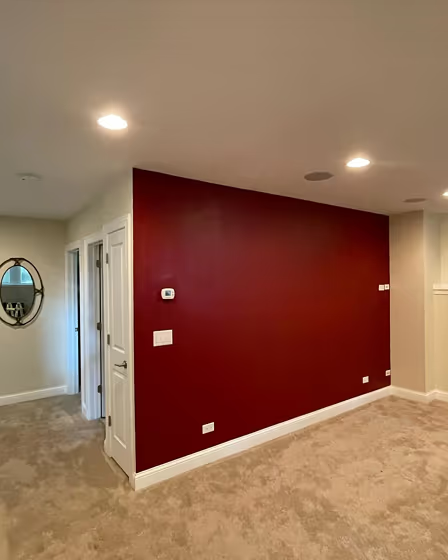
Try before you buy
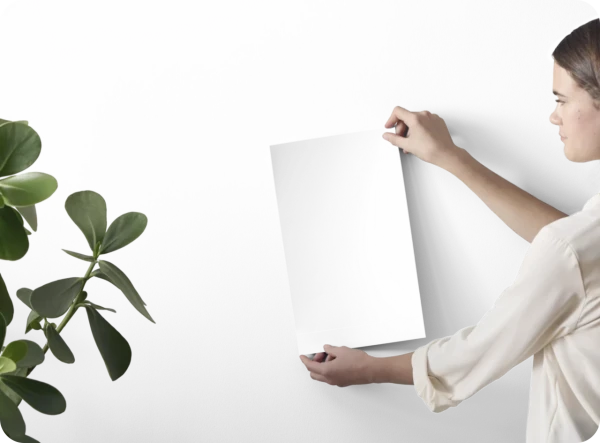

100% accurate
reusable paint samples

Peel, stick,
and repeat

Twice painted
with real paint

Next day
delivery
What are Benjamin Moore Classic Burgundy undertones?
Classic Burgundy has a clear red undertone based on its position in the color space. We identify undertones by isolating the pure hue (separating it from lightness and saturation), which avoids distortions caused by tints, tones, and shades.
This method is generally more reliable than judging undertones on a white background.
HEX value:
#69181A
RGB code:
105, 24, 26
Is Benjamin Moore Classic Burgundy HC-182 cool or warm?

At 359° on the HSL hue wheel, this dark red sits firmly on the warm side.
HC-182 Classic Burgundy HSL code: 359, 63%, 25%
Hue - degree on a color wheel from 0 to 360. 0 is red, 120 is green, and 240 is blue.
Saturation is expressed as a percentage. At 0%, it appears as a shade of grey, and at 100%, it is in full color.
Lightness is also a percentage value. 0% is black, and 100% is white.
How light temperature affects Classic Burgundy
Natural Lighting. During the day, natural light shifts from about 2000 K at sunrise/sunset to 5500–6500 K at noon.
In addition, natural‑light temperature depends on its direction:
| Direction of sunlight | Visible temp. | Hue | Duration |
|---|---|---|---|
| North | Cool | Bluish | All day |
| East | Warm | Yellow | Before noon |
| West | Warm | Orange‑red | After noon |
| South | Warm | Orange‑yellow | All day |
Artificial Lighting. When choosing bulbs, pay attention to their color‑temperature (Kelvins).
Use the slider to see how this dark red shade looks under different lighting:
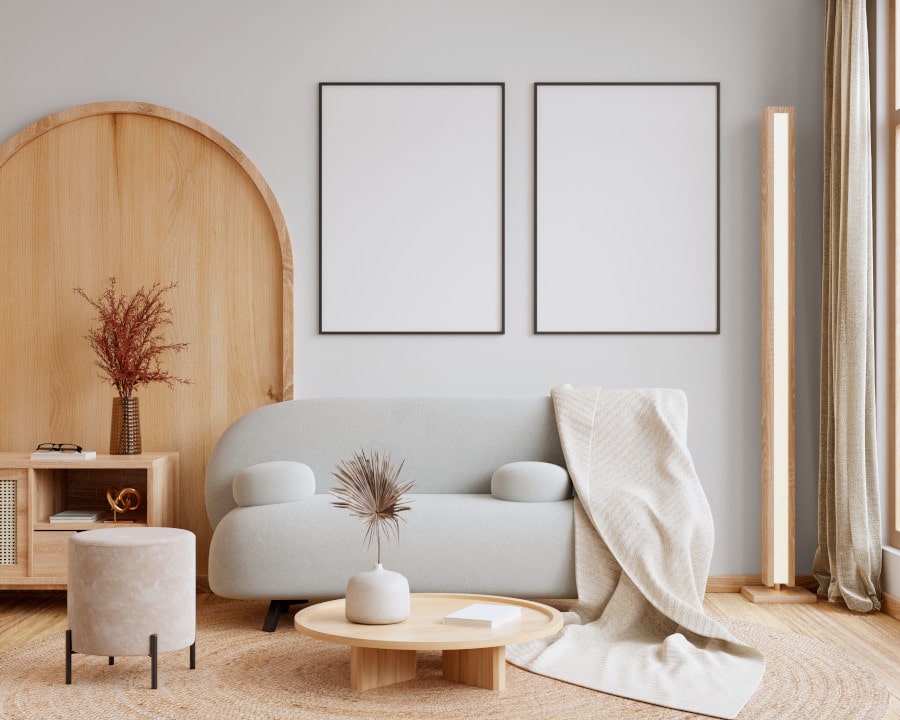
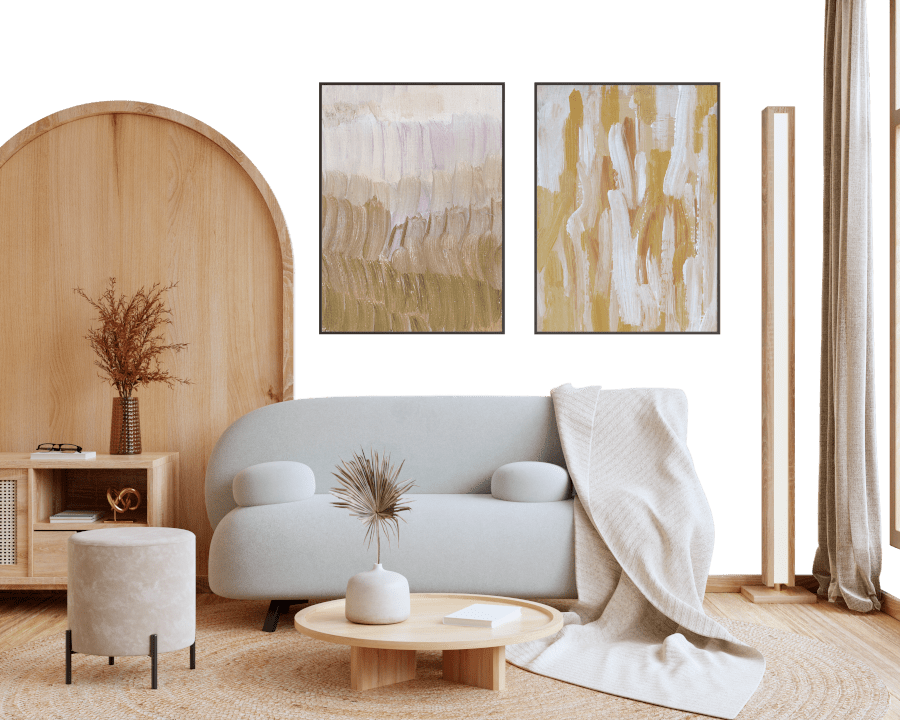
4000K
Coordinating colors.
Colors that go with Benjamin Moore Classic Burgundy:
Monochromatic color scheme

This scheme consists of various shades, tints, and tones of a single color. While it offers a perfect combination of hues, without accent décor it may become monotonous.
Lighter shades
HC-182
Classic Burgundy
Complementary color scheme

This color scheme is a combination of two shades that are opposite each other on the color wheel. The high contrast between these colors creates a vibrant and dynamic visual effect. For the color Classic Burgundy with a red hue, complementary colors are those with a green hue close to 179, such as Benjamin Moore Hunter Green and Green Wave.
LRV of Classic Burgundy
Classic Burgundy has an LRV of 7.23% and refers to Dark colors which means that this color almost does not reflect light. Why LRV is important?

Light Reflectance Value measures the amount of visible and usable light that reflects from a painted surface.
Simply put, the higher the LRV of a paint color, the brighter the room you will get.
The scale goes from 0% (absolute black, absorbing all light) to 100% (pure white, reflecting all light).
Act like a pro: When choosing paint with an LRV of 7.23%, pay attention to your bulbs' brightness. Light brightness is measured in lumens. The lower the paint's LRV, the higher lumen level you need. Every square foot of room needs at least 40 lumens. That means for a 200 ft2 living room you’ll need about 8000 lumens of light – e.g., eight 1000 lm bulbs.
Color codes
We have collected almost every possible color code you could ever need. To copy the code, just click the icon to the right of it.
| Format | Code | |
|---|---|---|
| HEX | #69181A | |
| RGB Decimal | 105, 24, 26 | |
| RGB Percent | 41.18%, 9.41%, 10.20% | |
| HSV | Hue: 359° Saturation: 77.14% Value: 41.18% | |
| HSL | hsl(359, 63, 25) | |
| CMYK | Cyan: 0.0 Magenta: 77.14 Yellow: 75.24 Key: 58.82 | |
| YIQ | Y: 48.447 I: 47.625 Q: 17.757 | |
| XYZ | X: 6.339 Y: 3.732 Z: 1.364 | |
| CIE Lab | L:22.765 a:35.681 b:20.392 | |
| CIE Luv | L:22.765 u:54.452 v:11.078 | |
| Decimal | 6887450 | |
| Hunter Lab | 19.318, 24.768, 9.338 |
Color equivalents
SW 2906
Crimson Red
Sherwin Williams
HC-184
Cottage Red
Benjamin Moore
SW 2914
Vermilion
Sherwin Williams
SW 2905
Carmine
Sherwin Williams
SW 7585
Sun Dried Tomato
Sherwin Williams

HC-183
Country Redwood
Benjamin Moore
CW-250
Carriage Red
Benjamin Moore

SW 2904
Poppy Flower
Sherwin Williams
SW 7593
Rustic Red
Sherwin Williams

SW 2802
Rookwood Red
Sherwin Williams

SW 7592
Crabby Apple
Sherwin Williams

AF-290
Caliente
Benjamin Moore

SW 7582
Salute
Sherwin Williams
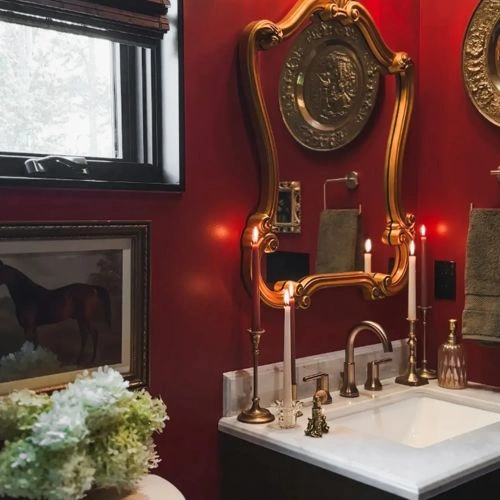
2085-10
Arroyo Red
Benjamin Moore

SW 6328
Fireweed
Sherwin Williams

SW 7586
Stolen Kiss
Sherwin Williams



